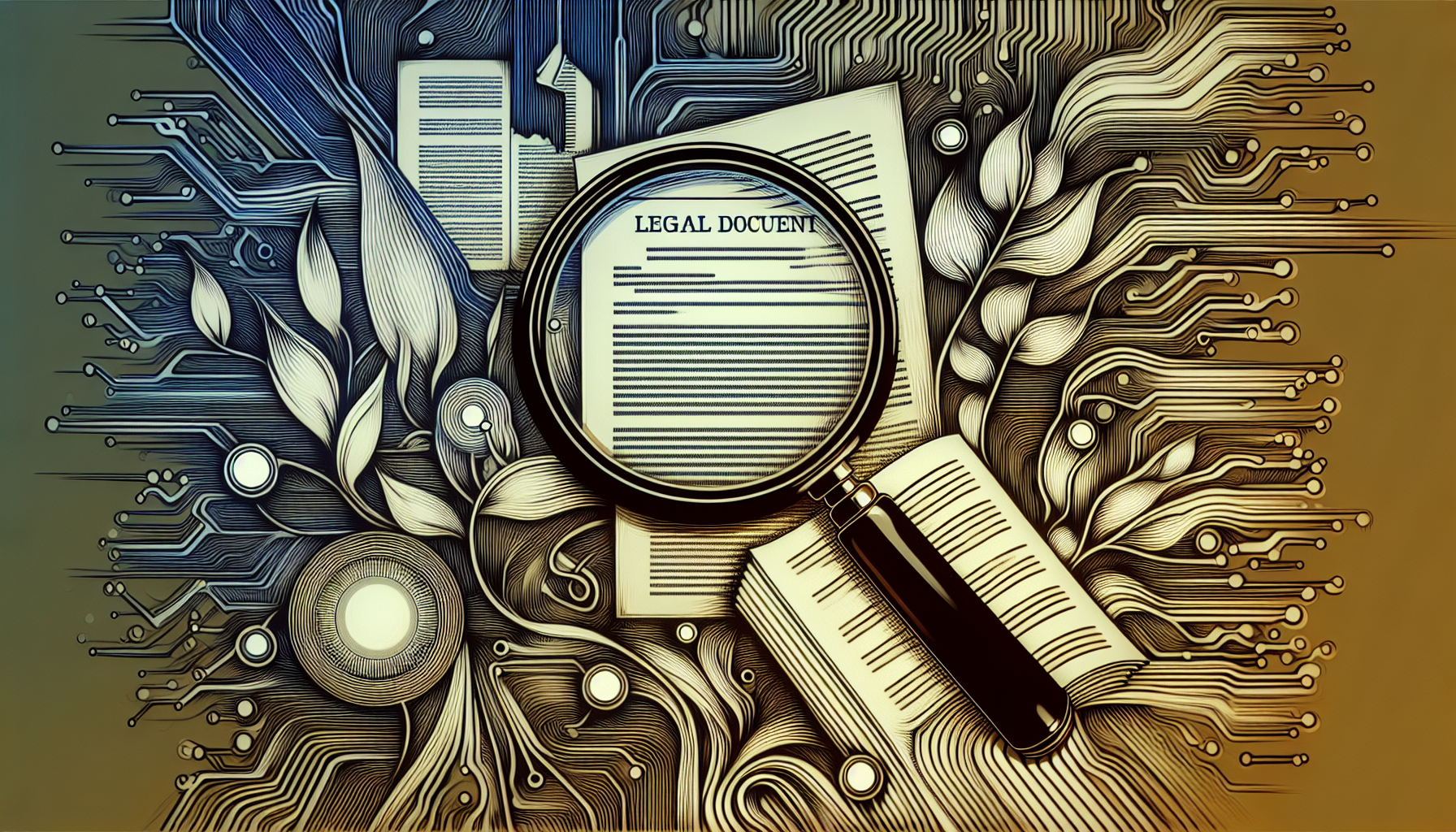
Harnessing AI for Legal Efficiency: A New Era for Paralegals
The legal industry has been experiencing a technological revolution with the introduction of artificial intelligence. AI tools, particularly ChatGPT, have emerged as valuable assets in modern legal practices, enhancing both efficiency and accuracy for legal professionals. Paralegals, in particular, can leverage AI to streamline various tasks, reducing the time spent on routine work and allowing for a greater focus on complex issues.
Integrating AI into the legal workflow offers numerous benefits, including enhanced document drafting, efficient research, and streamlined evidence organization. ChatGPT enables paralegals to automate repetitive tasks, ultimately improving workflow productivity and the overall quality of service provided to clients.
Setting the Stage: Understanding Temporary Orders Hearings in Family Law
Temporary orders hearings play a critical role in family law cases, providing interim solutions on issues such as child custody, support, and spousal maintenance until a final order is issued. These hearings are pivotal in ensuring that the immediate needs of the parties involved are adequately addressed.
Paralegals often face significant challenges when preparing for temporary orders hearings, given the necessity to compile extensive documentation, organize evidence, and perform detailed legal research in a limited timeframe. The pressure to maintain accuracy while managing these tasks can be daunting.
Also read:
Navigating ChatGPT: Identifying the Optimal Use Cases
ChatGPT can be particularly beneficial in several facets of preparing for temporary orders hearings:
- Document Drafting: Quickly generating drafts of motions, briefs, and declarations.
- Organizing Evidence: Summarizing and categorizing exhibits and supporting documents.
- Legal Research: Efficiently finding relevant case law, statutes, and regulations.
Despite its advantages, AI has limitations. It relies on the quality of input and the need for human oversight remains vital to ensure correctness and compliance with legal standards.
Also read:
Crafting Perfect Prompts: The Art of Querying ChatGPT
To maximize the utility of ChatGPT, crafting precise and effective prompts is essential:
Document Drafting:
Prompt: "Draft a motion for temporary child custody in [state], citing relevant state statutes and case precedents. Include sections for background, argument, and conclusion."Evidence Organizing:
Prompt: "Summarize and categorize the attached evidence exhibits into financial documents, witness statements, and correspondences related to child custody."When refining prompts, be specific about the requirements, expected format, and any legal nuances. For instance, instead of a generic request like “find case law,” a tailored prompt could be: “Find recent case law in [state] regarding temporary spousal support determinations, with citations.”
Also read:
Streamlining Document Drafting: Leveraging AI for Efficiency
ChatGPT can significantly expedite document drafting:
- Generate initial drafts of motions, replies, and orders.
- Create standardized templates for common documents.
- Ensure consistency by producing uniform document structures.
While ChatGPT provides a solid starting point, it is crucial to meticulously review and edit the AI-generated drafts to confirm their accuracy, legal validity, and alignment with case-specific details.
Also read:
Precision in Evidence Compilation: Enhancing Accuracy
ChatGPT can assist in summarizing and organizing evidence:
- Create summaries of lengthy exhibits.
- Generate categorized lists to organize documents.
However, it’s essential to validate AI-generated summaries against original documents to ensure that all critical information is accurately captured and no significant detail is overlooked.
Also read:
Research Made Easy: Tapping into ChatGPT for Legal Precedents and Statutes
When conducting legal research, ChatGPT can be an invaluable aid:
- Quickly identify relevant case law, statutes, and regulations.
- Outline key points and implications for specific legal issues.
To verify accuracy, always corroborate AI-provided information with trusted legal databases and resources, ensuring comprehensive and reliable legal research.
Also read:
Communicating Complex Information: Simplifying Legal Jargon for Clients
Effectively translating legal jargon into client-friendly language is essential for informed decision-making:
Prompt: "Explain the term 'temporary orders hearing' in layman's terms to a client, detailing its significance and process."Clarity in communication enhances client understanding and fosters trust in legal processes.
Also read:
Fostering Collaboration: AI as a Team Player in Legal Practices
Integrating ChatGPT into collaborative workflows can enhance teamwork among paralegals and attorneys:
- Facilitate shared access to AI-generated drafts and research.
- Streamline the review and refinement process.
Despite AI’s capabilities, the continuous need for human expertise and oversight cannot be overstated.
Also read:
Future Horizons: Evolving with AI in Family Law Practices
As AI technology continues to advance, its potential applications in family law are expanding. By proactively engaging with these cutting-edge tools, legal professionals can stay ahead of the curve and offer more efficient, effective services to their clients.


